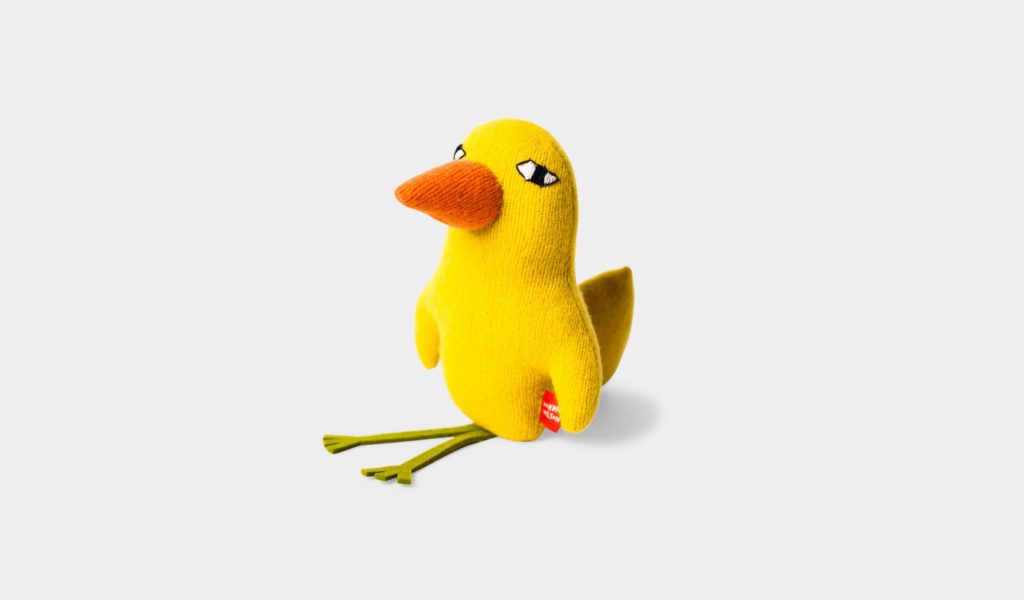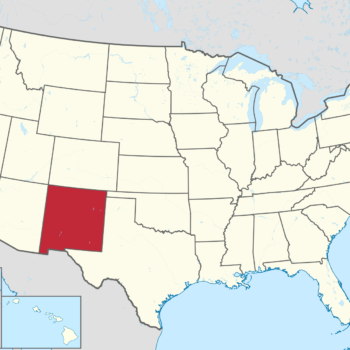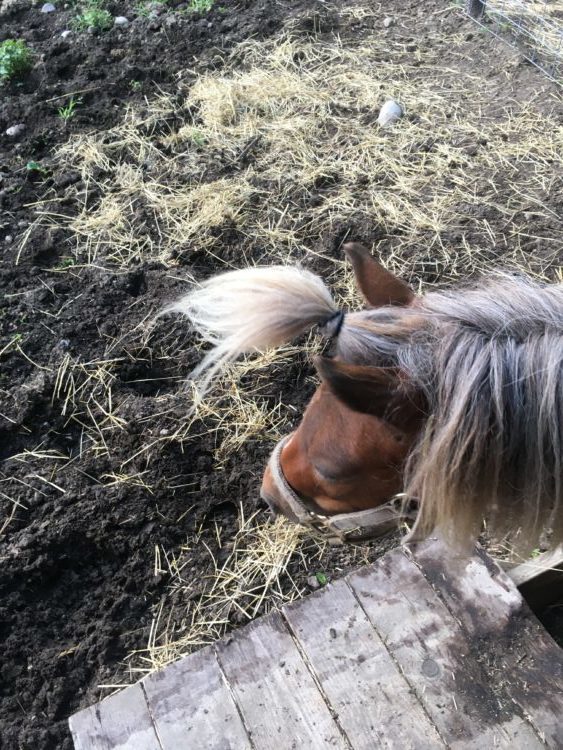Vegetarianism is linked with many religions that originated in ancient India such as Jainism, Hinduism, and Buddhism. In Jainism, vegetarianism is mandatory for everyone. In Hinduism and Mahayana Buddhism, it is advocated by some influential scriptures and religious authorities.
Vegetarianism in Jainism is based on nonviolence (ahimsa, literally “non-injuring”). Vegetarianism is mandatory for everyone in this religion. Jains are either lacto-vegetarian or vegan. They do not use or consume products obtained from dead animals. They try to avoid unnecessary injury to plants and suksma jiva (Sanskrit for subtle life forms; minuscule organisms). Their goal is to cause as little violence to living things as possible, which is why they try to avoid eating roots, tubers such as potatoes, garlic and anything that involves uprooting a plant to obtain food. Any act by which a person directly or indirectly supports killing or injury is seen as violence (hinsa), which creates harmful karma. The goal of ahimsa is to prevent the accumulation of karma. They consider nonviolence to be the most essential religious duty for everyone (a statement often inscribed on Jain temples). Jains do not practice animal sacrifice as they consider all sentient beings to be equal.
In most Hinduism schools vegetarianism is an integral part, although there are a wide variety of practices and beliefs that have changed over time. About 20% to 30% of all Hindus are vegetarians. As with the Jains, Hindus believe violence with bring negative karma. They believe suffering of all beings is believed to arise from craving and desire, conditioned by the karmic effects of both animal and human action. Hindus do sacrifice animals for part of a festival to honor a Hindu god. For example, in Nepal the Hindu goddess Gadhimai, is honored every five years with the slaughter or 250,000 animals.
The First Precept prohibits Buddhists from killing people or animals. The matter of whether this prevents them from eating meat has been a long matter of debate. The first Buddhist monks and nuns were forbidden from growing, storing, or cooking their own foods. They relied entirely on the generosity of alms to feed themselves, and were not allowed to accept money to buy their own food. They could not make special dietary requests and had to accept whatever food almsgivers had available, including meat. According to the Vinaya Pitaka, when Devadatta urged him to make complete abstinence from meat compulsory, the Buddha refused, and said “monks would have to accept whatever they found in their begging bowls, including meat, provided that they had not seen, had not heard, and had no reason to suspect that the animal had been killed so that the meat could be given to them”. There were prohibitions on specific meats: meat from humans, meat from royal animals such as elephants or horses, meat from dogs, and meat from dangerous animals like snakes, lions, tigers, panthers, bears and hyenas. On the other hand, Buddha revoked this permission to eat meat and warned of a dark age when false monks would claim they were allowed to eat meat. “There are no accurate statistics, but I would guess- and it is only a guess-that worldwide about half of all Buddhists are vegetarian”.










